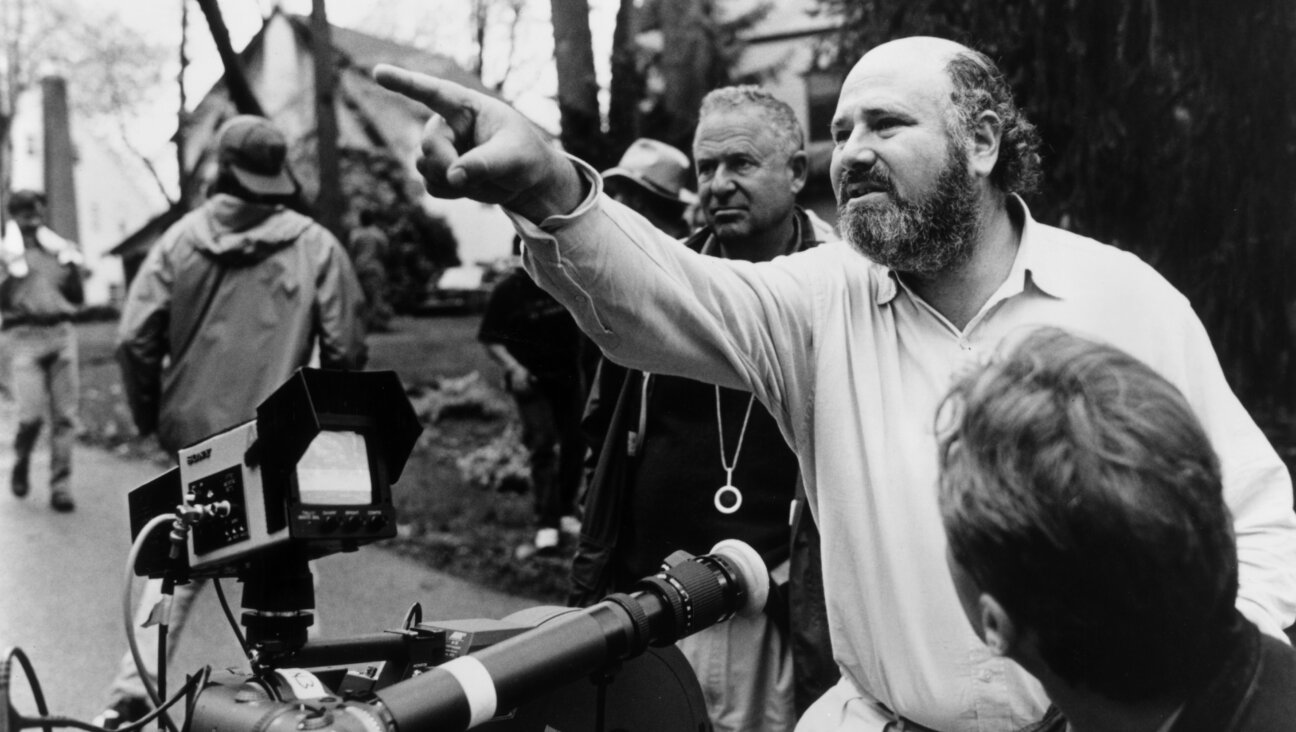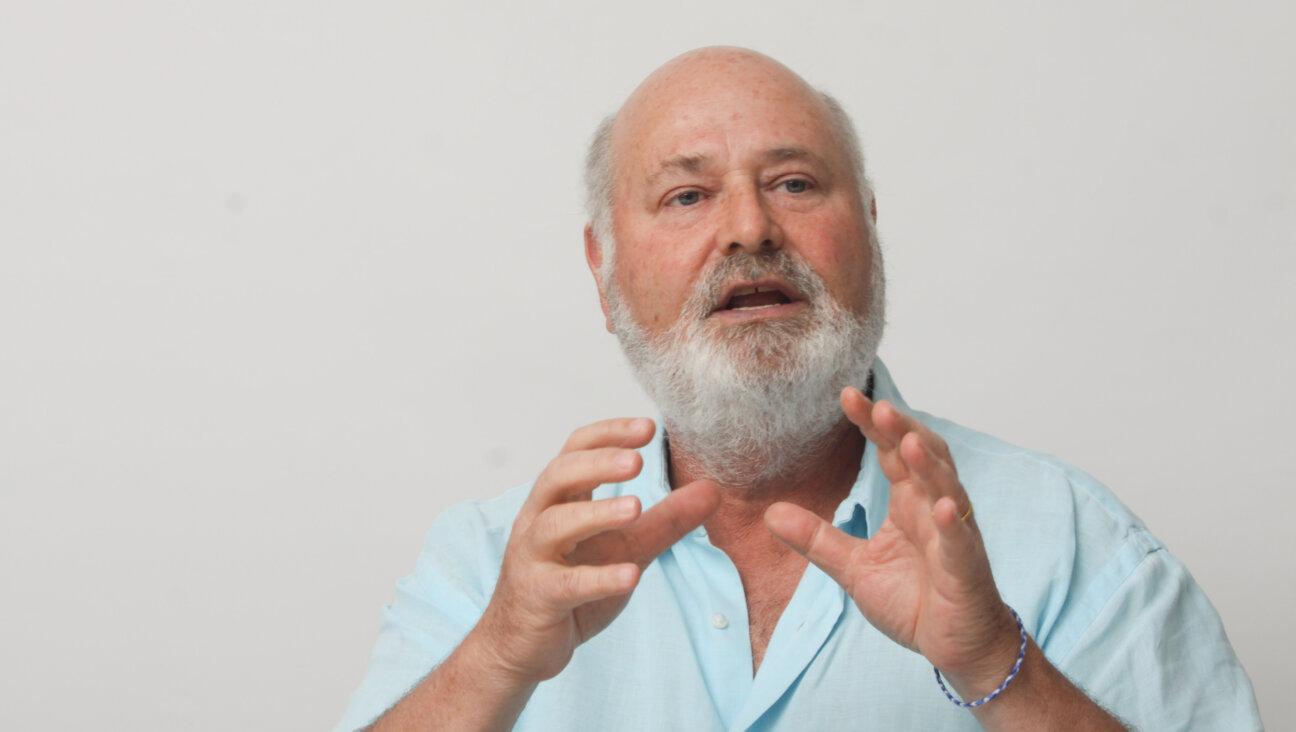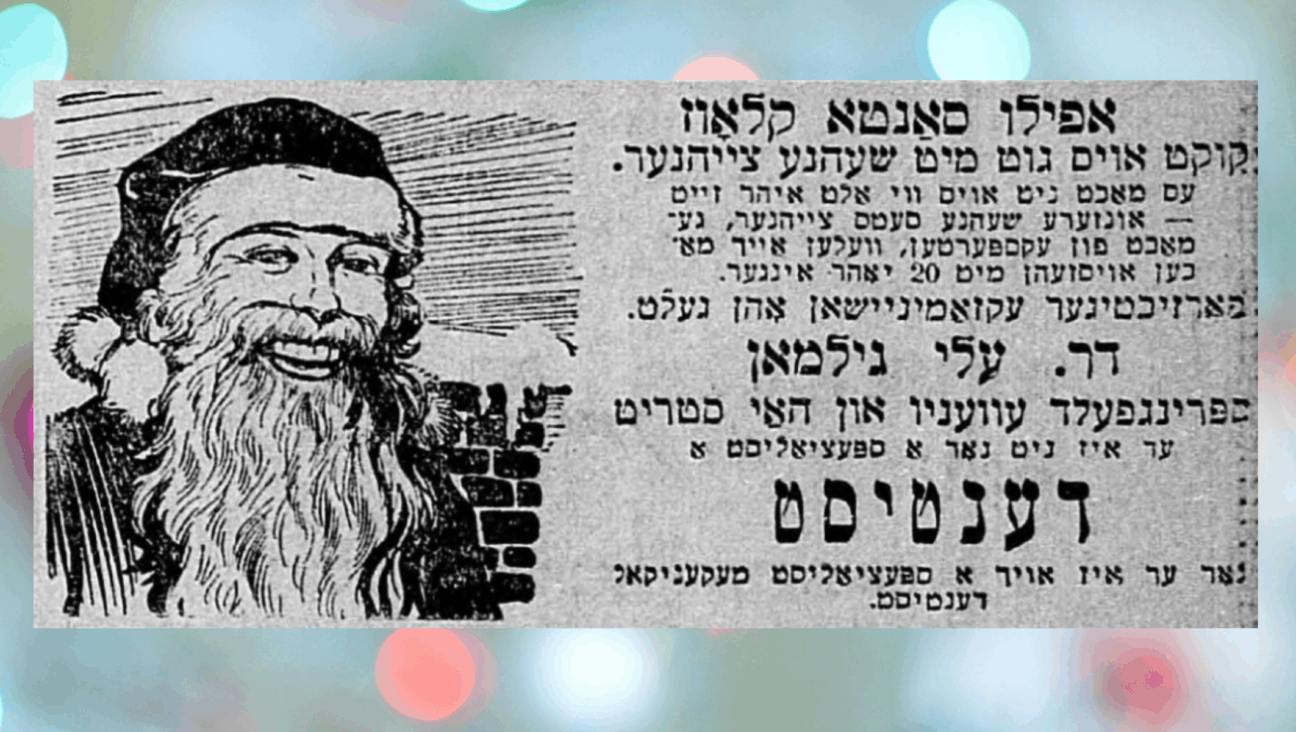An Actor Exits

Humble much? Roth?s novel features a large green sex toy. Image by NANCY CRAMPTON
The Humbling
By Philip Roth
Houghton Mifflin Harcourt, 160 pages, $22.
Imminence of the end concentrates the craft. German critics employ the term Altersstill — late style — to designate the tendency of such aging masters as Poussin, Beethoven and Beckett to focus their energies on essentials. Once the enfant terrible of American Jewish literature, Philip Roth (Long may he live!) is now 76, and in “Everyman” (2006), “Exit Ghost” (2007) and “Indignation” (2008), the virtuoso of boisterous provocations has taken on the urgent task of confronting mortality. “The Humbling” extends that project.
Tolstoy, who preached celibacy, would be appalled by the polymorphous perversity of Roth’s randy characters — and a heavily featured green dildo. But like “The Death of Ivan Ilyich,” “The Humbling” is a novella whose own concision underscores the pathetic brevity of a human life.
In the final act of “The Tempest,” Prospero breaks his wand, abjures his rough magic and returns to the world of ordinary mortals. Prospero is one of the last two roles that Simon Axler, the protagonist of Roth’s 30th book, performed at the Kennedy Center — the other, ominously, is Macbeth. Prospero, however, voluntarily renounces his art, whereas Axler simply and suddenly loses his powers.
At 65, “the last of the best of the classical American stage actors” finds himself incapable of taking command of either a theater or himself. “I no longer can make the imagined real,” Axler tells his agent, with an authorial voice echoing behind. When the agent, who is trying to coax him into starring in “Long Day’s Journey Into Night,” insists he is still a theatrical titan, he demurs: “No, it’s a matter of falseness, sheer falseness so pervasive that all I can do is stand on the stage and tell the audience: ‘I am a liar. And I can’t even lie well. I am a fraud.’”
Actors, like the rest of us, are the sum total of the parts they play and, lacking faith in his ability to perform, Axler experiences existential despair. He gazes fearfully at the Remington 870 pump-action shotgun he keeps in the isolated farmhouse — the reclusive Axler’s castle — that he inhabits in upstate New York.
After his wife, Victoria, leaves him, he spends 26 days in a psychiatric hospital. He envies a fellow patient’s ability to assume the role of avenger against her abusive husband. But infatuation, not clinical intervention, provides Axler with his own stay against disintegration. He falls passionately in love with the 40-year-old daughter of two old friends.
Pegeen Mike Stapleford, named for the character her pregnant mother was playing in “Playboy of the Western World,” begins spending the night at Axler’s farmhouse. Although she recently ended a 17-year relationship with another woman, Pegeen abruptly embraces the unaccustomed role of heterosexual inamorata. Axler accepts the part of besotted older lover.
For Bernard Malamud, suffering defined and universalized the Jew. In “The Assistant” (1957), a wretched gentile grocer’s helper is metaphorically Jewish and a metaphor for the entire miserable human race. But for Roth, as for the State of Israel, “Who is a Jew?” is not a simple question. The name Axler — which echoes “actor,” but also “Wexler” — may or may not be Jewish, though Axler’s tenacious agent, Jerry Oppenheim, is a safer bet.
“The Humbling,” however, is devoid of overt Jewish references. Instead, anyone looking to this book as a contribution to American Jewish literature must consider how it treats the frailty of constructed identities. If a man is defined as an actor — as a Jew is defined as a Jew — by the way he acts, what happens when he loses his faith in the ability to act? What kind of man is he if, as Axler claims, “Something fundamental has vanished”?
His revels ended, Axler can no longer generate “that willing suspension of disbelief” that, according to Samuel Taylor Coleridge, “constitutes poetic faith.” He recalls an acting class he took long ago, in which students were instructed to mime drinking from a teacup. “I would look ridiculous as I held my pretend teacup and pretended to drink from it,” Axler tells Oppenheim. “There was always a sly voice inside me saying, ‘There is no teacup.’ Well, that sly voice has now taken over.” That sly voice has made it impossible for the renowned thespian to sustain his identity. Even the pretense of being a Scottish king proclaiming that life is “a tale/Told by an idiot, full of sound and fury,/Signifying nothing” seems absurd.
Axler compiles a list of suicidal characters (Willy Loman, Antony, Othello, et al.), but realizes that he lacks the conviction to play even those parts. Like J.M. Coetzee’s 1999 novel “Disgrace” — another triumph of Altersstil that also involves an older man who, after dalliance with a younger woman, tries to resign himself to desolation — “The Humbling” is the story of arrogance deflated. Yet from its opening sentence, “He’d lost his magic,” until its stunning, resonant final line, the result is oddly exhilarating. Unlike Axler, Roth has lost none of his power to conjure up teacups from which a willing reader gladly sips.
Steven G. Kellman is the the author of “Redemption: The Life of Henry Roth” (W.W. Norton & Co., 2005).















